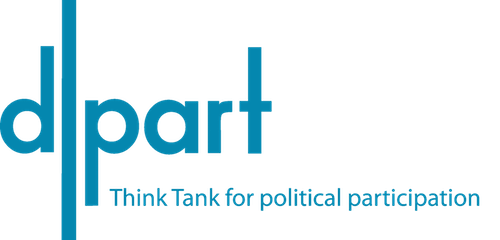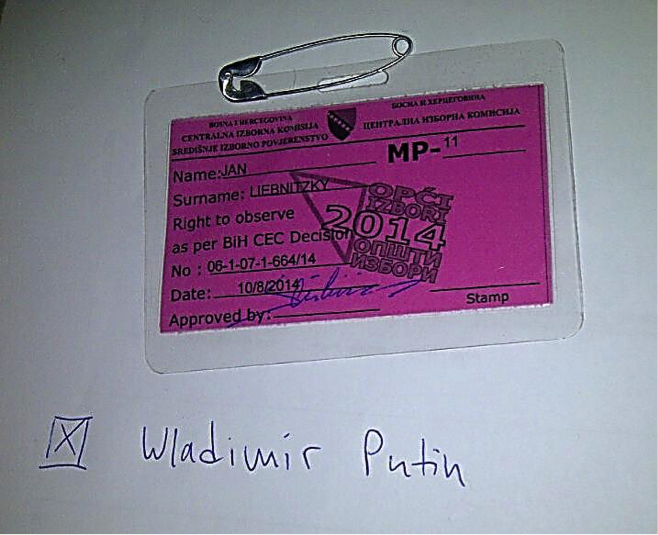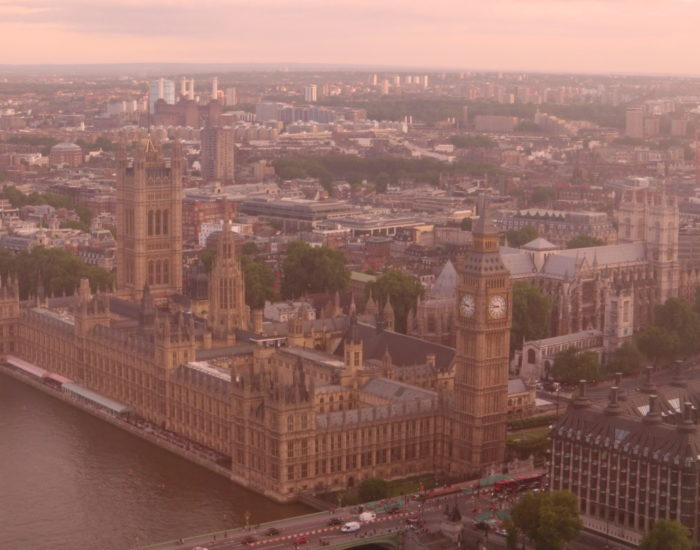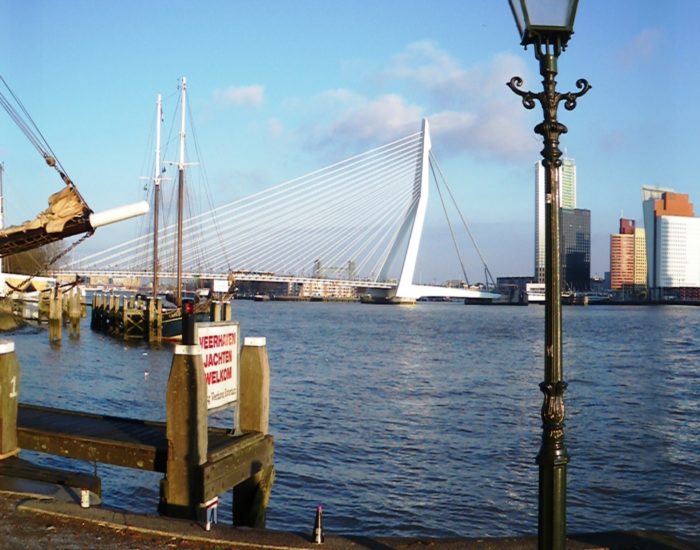On the relationship of transparency and trust in politics
By Christine Hübner.

Be it financial markets, organ transplants, or energy market regulation – everybody is talking about increasing transparency these days. Claiming transparency seems to have become the new fashion to go with. In a 2012 survey, 61% of Germans wished for public administration and the political system to be more open and lucid. Action groups in Hamburg and Berlin even demand a whole legislative initiative around transparency, making information a liability – transparency by law so to say. Surely enough politicians do not want to miss out on this trend and ride along the transparency wave. One after another is requesting transparency in the political arena – meaning comprehensible political processes, traceable political decision making and better access to information. And these requests do not only come from the typical ‘have-it-all-online’ folks such as the Pirate Party or the Occupy movement. Many more initiatives such as Abgeordnetenwatch or OpenGovernment carry the transparency hype in politics as well.
To start with some good news
The good news is: in contrast to much other hype before, the transparency buzz seems to resonate with politicians. It is difficult nowadays to find an MP who is not on Twitter (if even the pope is!) or working on her own Facebook fan-page. The Social Media Activity Index 2011, a report presented by the Institute for Media and Communications Management at the University of St. Gallen states that two thirds of German MPs present themselves and their political work on the social web. For the laggards, Chancellor Merkel herself is said to have obliged her 620 MPs to participate in a social media training. More old-school invitations for traditional two-way-communication such as the yearly Open Day of the Federal Government and its ministries also serve as evidence for the politicians’ willingness to open up their work to the public. Which is well received: the Open Day counted about 130.000 visitors this year who wanted to learn all about the Chancellor’s work and that of her Cabinet.
Thus, it seems that citizens and politicians have an unambiguous understanding of transparency in politics: it is a fundamental constituent of democracy. Already in ancient Greece, democratic thinking, a freely formed political will, and well-grounded political decision making were based on balanced information. Access to impartial information on political processes enables citizens to judge politicians and their work, make requests for improvement, discover deficits – and sometimes even the misuse of power. This information has to be claimed by citizens and provided by politicians to the same extent.
On the relationship of absolute transparency and trust
Upon a closer look, however, it shows that lobbyists and politicians likewise tweet far past citizens’ real information needs. And this pertains not only to politically irrelevant messages such as this one:
„Mariechen ist abgefüttert, der Kaffee ist da, also kann’s losgehen :-))” (“Mariechen is fed, coffee is here, so let’s go :-))” — Sigmar Gabriel on Twitter, 27 July 2012).
The current debate around transparency also showcases the false hope we carry: that simply having more information will eventually restore our trust in representative democracy; that increased transparency of political processes can give us back the feeling we citizens played a substantial role in democratic decision making. These hopes, however, cannot be achieved by mere disclosure of more information. This is easy to realize when imagining what the publication of all available information would do to each single one of us: it would overwhelm us, because we would not be able to filter any of the information we receive. In the best case, this can come in incredibly handy for bashful politicians, like it did last winter when Ex-president Wulff struggled with his personal finances. The Wulff-affair illustrates why simply having more information is not quite the same as knowing more and making a better judgement.
Instead, in the worst case the disclosure of all available information can make citizens develop a compulsion to control – the irritating feeling of being overwhelmed by your inability to judge and being cheated on at the same time. This feels much different from interaction with politicians based on mutual trust. Philosopher and media researcher Byung-Chul Han even dares to state that the need for transparency in modern society is wrong in itself:
“Trust means building positive relationships with one another, even though there are things you don’t know about each other.”
On the opposite, there is “no room for trust” in societies where there is absolute transparency, he claims.
Different forms of transparency as a source of trust
As always, the solution to the whole transparency dilemma is probably somewhere in between total translucence and overly optimistic trust in politicians. The aim has to be to combine the necessity of transparent political processes with a digestible amount of information for citizens. Yes, citizens need to demand more transparency – but not of the unconditional, unfiltered, information-dumping kind. Much rather, citizens have to request for more comprehensible, tangible political information, closer to their own realities. And politicians have to abide: speaking the language of your consumers is a lesson every business student learns in marketing 101. Why not work with the (proven and tested) methods of others for once? It may seem odd in the first instant that the Federal Government spends tax money on a shiny advertising campaign to promote its strategy around demographic change or to build an informative website on the state’s finances, but this kind of spending contributes probably much more to the comprehension and appreciation of political strategies than any tweet or Facebook message can do. Why? Because they put the citizens in the center of attention and not the politicians themselves.
Transparency will always remain a fundamental constituent of democracy. But it must be defined as simple clarity, as tangibility of information for everyone. Citizens and politicians need to speak the same language – this calls for political education just as well as for transparency of information. Much more important than just dumping all information on the public is a construct of mutual trust with a citizenry that demands information and politicians who are approachable and act comprehensibly. Only in such a world, politics can get to work as true two-way-communication.
–
Christine Hübner is a partner at d|part.
Disclaimer
The views and opinions expressed in this article are those of the author.



